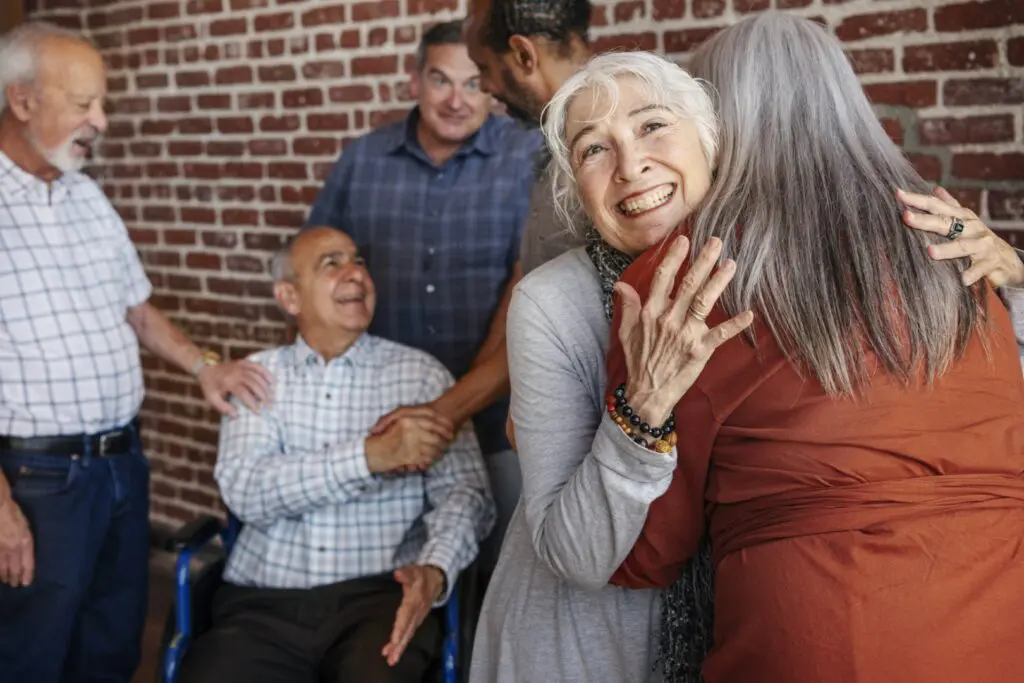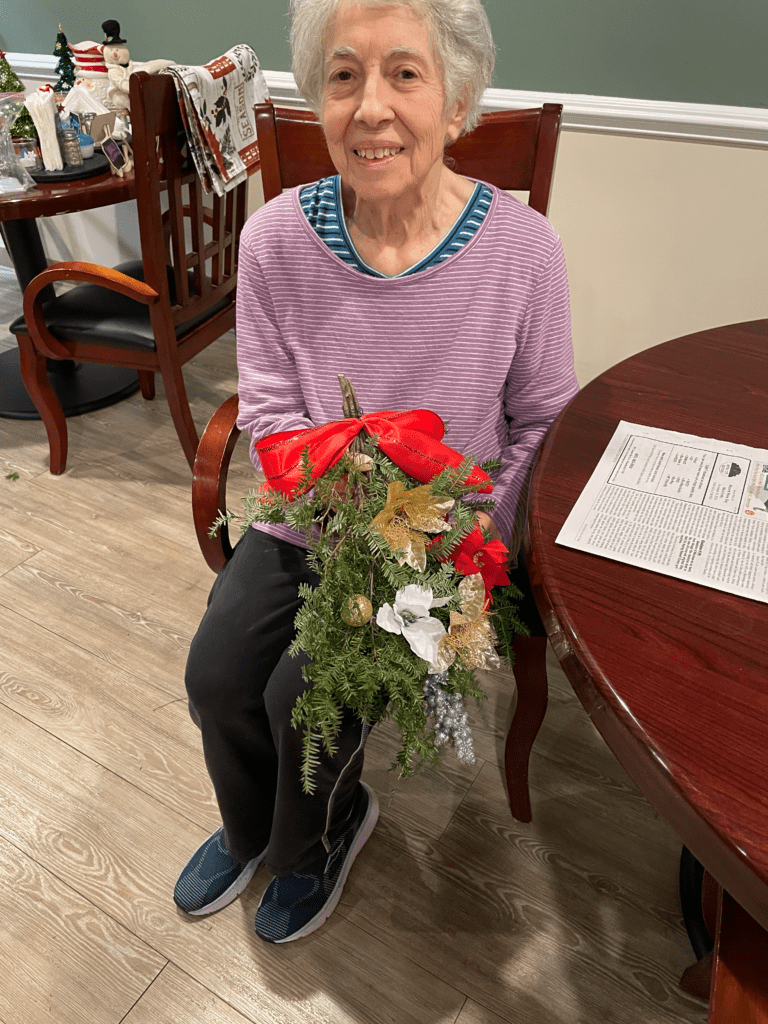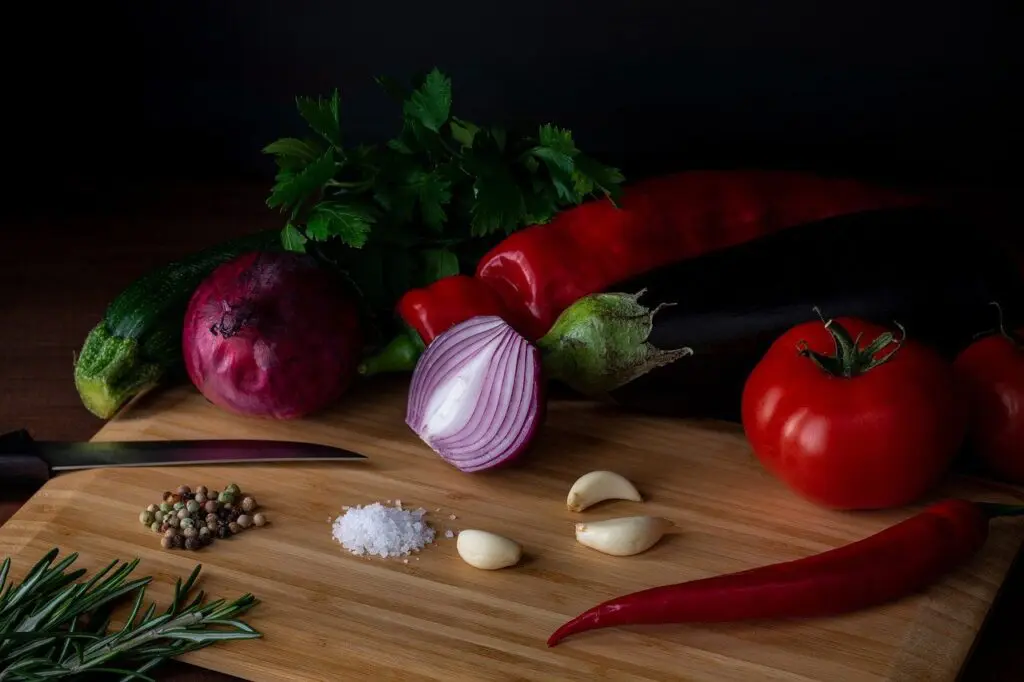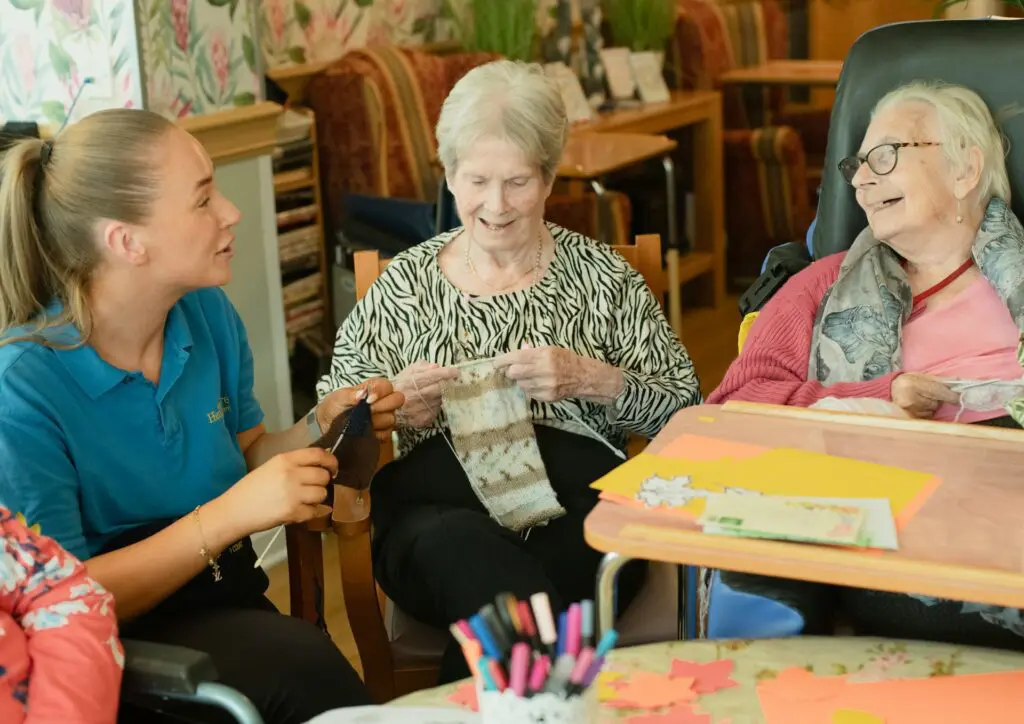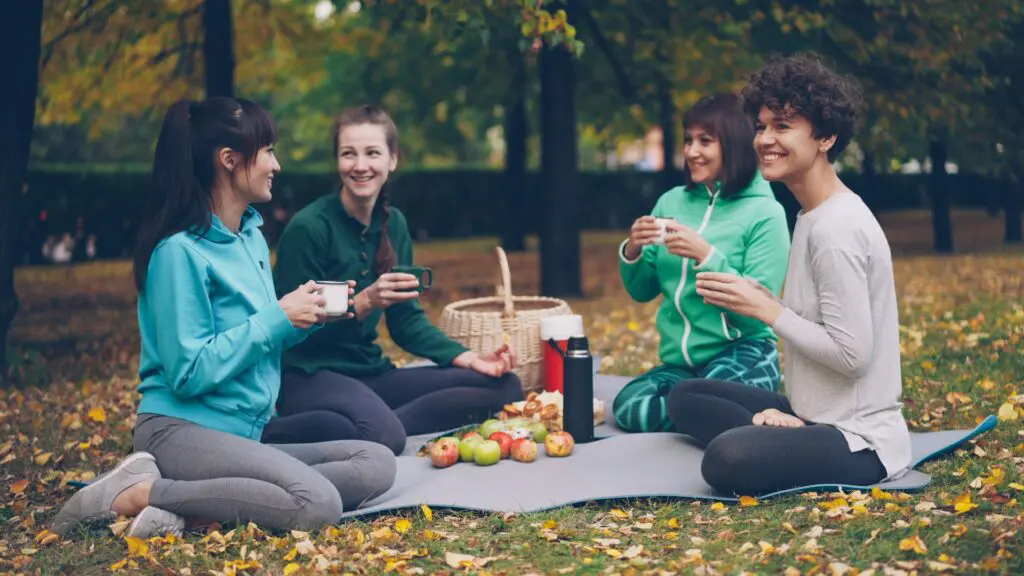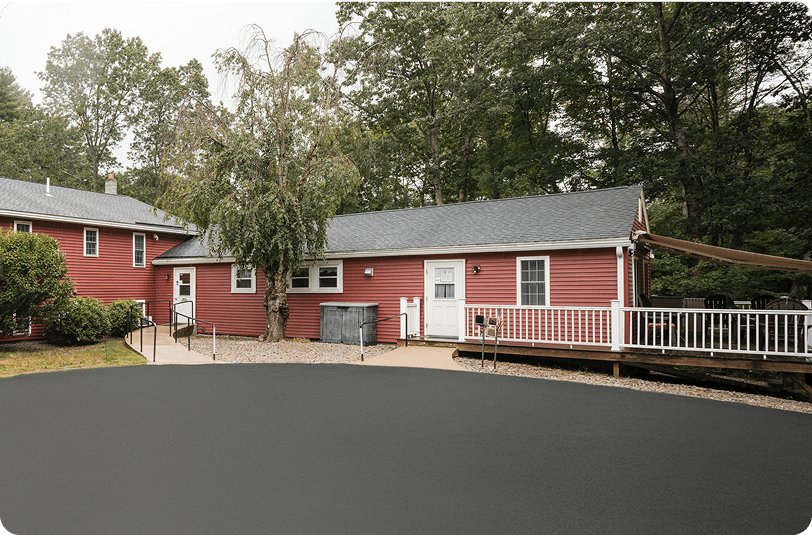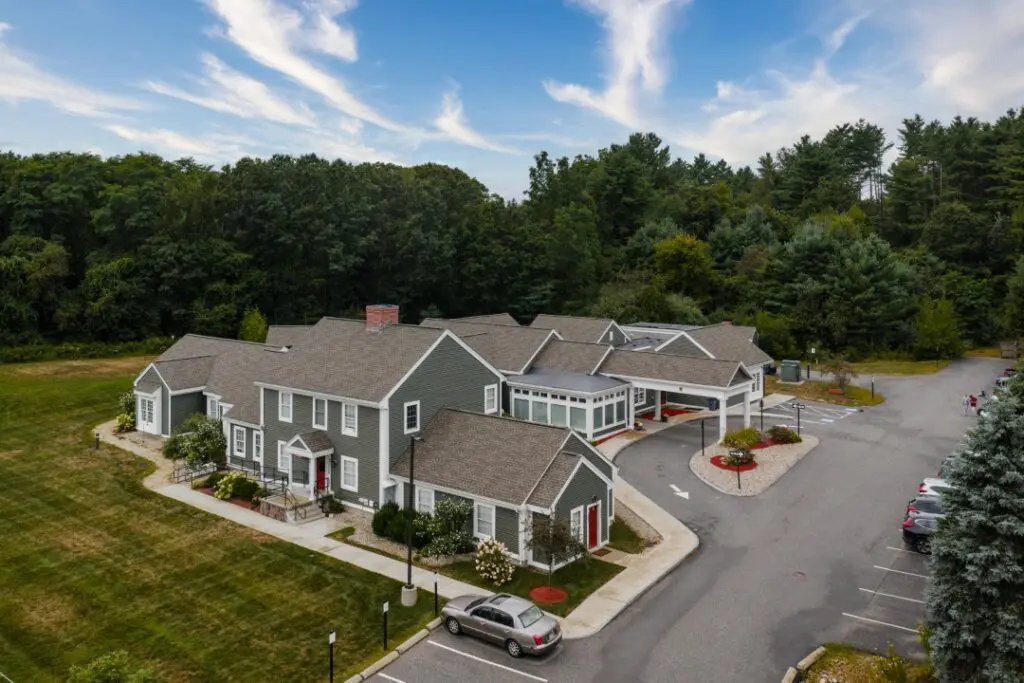As we age, there are many things that can impact our nutrition. Dementia or cognitive decline can result in struggling to recognize feelings of hunger, as well as make cooking less safe. Medications come with many side effects—nausea and lack of appetite are two of the most common.
While our aging family members may need fewer calories as they become less active, eating enough (and well enough) is an important key to staying healthy. It can also be a great way for our aging loved ones to maintain some independence, even if they need assistance with some aspects of preparing food. Here are some tips on maintaining good nutrition for seniors.
Fed is Best
This motto is often used with babies and small children, but it is true at every life stage. There is no “perfect” diet, and sometimes the less healthy choice—if it’s the only choice that will be eaten—is the best option. For elderly people who struggle a lot with lack of appetite, being flexible enough to find foods that they will eat is important!
Hydrate
Water consumption is important for skin and joint health, cognitive function, good sleep, and so much more. Sometimes older people experience small lifestyle changes that can have a big impact on their hydration: imagine someone who used to eat several pieces of fresh fruit a day, who is now struggling to eat crunchy foods due to a dental issue. Fresh fruits and vegetables provide a lot of liquid, and if a dietary change doesn’t take that loss into account, hydration might be impacted.
A good rule of thumb: if your aging loved one is complaining a lot about headaches and didn’t in the past, or is appearing to be “hangry” more often, that’s a good sign that they are not well hydrated.
Account for Side Effects From Medications
As mentioned above, medications can result in nausea or lack of appetite as a side effect. Pushing past that can be a struggle. It can be useful to find nutrient-dense foods (for example, nuts or seeds) to have on hand for snacking. Even if a full meal isn’t enticing, there’s nothing wrong with getting calories by “grazing” throughout the day. Again: fed is best!
Take Care With Sticky or Crunchy Items
Our teeth tend to decline as we age, and that means items that we might have eaten without a thought can become more worrisome. A broken tooth, lost crown, or damaged denture is best avoided when possible, so try to avoid caramels, hard candy, and other items that can be hard on your teeth.
Limit Alcohol Consumption
As metabolism slows down, alcohol can be riskier, even in small amounts. In addition, alcohol dehydrates the body. If the liver is in good health and your doctor is in agreement, there’s no need to completely restrict alcohol, but you may want to limit consumption and make sure you are hydrating well.
Don’t Forget About Kitchen Safety
Independent seniors may find that preparing food is an area of great pride, and giving that up can be difficult. However, there are many risks to take into account in a kitchen, from fire danger to handling a knife with arthritic fingers.
You should make sure that anyone using a kitchen knows where to find and operate fire safety equipment. A fire extinguisher can be difficult to lift and squeeze, so you may want to consider a fire blanket or other safety material as an alternative.
And while pre-chopped fruits and vegetables can be more expensive than whole, they can make a kitchen more accessible to someone who struggles to safely use a sharp knife. Another option is kitchen shears, which may be easier and safer to handle. Another option is to consider meal prepping together on the weekends. This can be a wonderful way to spend quality time with an aging loved one, and you can make sure that food is safely prepared and able to be popped into the microwave when ready to be eaten. (As a bonus, you might be able to finally figure out that family recipe you’ve been wondering about for years!)
Do you have any tips for good nutrition for seniors? Let us know!


